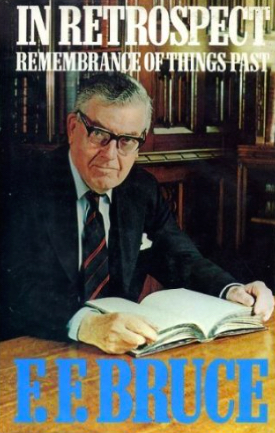For life, six hundred pounds a year.
-- Jonathan Swift
Samuel Johnson, who quoted Jonathan Swift more than three thousand times in his dictionary, had himself to write for money most of his life, until he received a royal pension of £300 a year from King George III in 1762, the equivalent of about £53,400 today, or about $72,500.
In death, Johnson left his servant and friend Francis Barber an annuity of but £70 a year, from a fortune of just £750. This, however, turned out to be too generous an annual sum, seeing that only skilled tradesmen might make as much as £50 a year. A prudent man could have lived comfortably on less.
The money did run out in the hands of the spendthrift Barber. Not many years later he was forced to sell off Johnson memorabilia which he had inherited to pay debts he had incurred, and he died in poverty not seventeen years after Johnson had died.
This means that, for his part, Johnson himself had run through about £5,800 or so by the time he died in 1784. The servant had learned from his master.
Swift, meanwhile, had died with a fortune of £12,000 in 1745.


,%20Archbishop%20of%20Canterbury.png)





